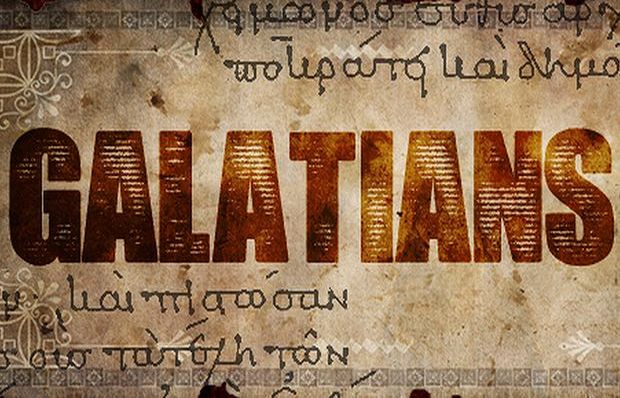7.24.20 We Shall
In the earliest days of Christianity, Apostle Paul wrote a letter to a group of proto-Christians in Anatolia, clarifying many of his views. This document, the Epistle to Galatians, is commonly known as just “Galatians,” and it is the ninth book of the New Testament. It provides many of the foundational teachings and language of the new faith. For example, in Galatians 6:9, Paul instructs, “And let us not grow weary of doing good, for in due season we will reap, if we do not give up.”
In 1851, in Berlin, Maryland, a boy named Charles Albert Tindley was born to a free black mother and an enslaved black father. After the Civil War, he moved to Philadelphia, worked as a brick carrier, learned to read at a local synagogue, and taught himself Greek through a correspondence course. He was ordained in the Methodist Episcopal Church, and worked his way up to become the pastor of East Calvary church on the corner of Broad and Fitzwater streets. As the leader of a multiracial congregation of over 10,000 souls, one of the largest on the East Coast, Reverend Tindley was known as “the Prince of Preachers,” and his church would later be renamed Tindley Temple United Methodist. It’s on the National Register of Historic Places.
Charles Tindley was also an accomplished songwriter and a founding father of American Gospel. Five of his songs appear in the Methodist Hymnal, including, most famously, “I’ll Overcome Someday,” in which Tindley offers a personal spin on Galatians 6:9: This world is one great battlefield, with forces all arrayed; If in my heart I do not yield, I will overcome some day.
In the 1940’s, the song was taken up by union organizers. It was first widely heard during a tobacco workers’ strike in Charleston in 1945. Two years later a variation entitled “I Will Overcome” was included in a musical anthology called People’s Songs. This version was adopted by the Highlander Folk School, a union training center in Tennessee, whose musical director Zilphia Horton taught it to dozens of performers, including Pete Seeger. In 1959, when the focus expanded from workers’ rights to civil rights, the song became the movement’s anthem. Seeger wrote additional verses. He also realized that when large groups of people sang “we will overcome some day” the alliteration was difficult. So he changed it to the more shout-friendly “we shall.”
The song hit the big time in the summer of 1963, when a 22-year-old folkie named Joan Baez led a 300,000-person choir in singing it at the March on Washington. Two years later, President Johnson included the phrase in his famous speech following the Bloody Sunday attacks on civil rights activists. When Martin Luther King heard that, tears welled up in his eyes, as he knew that his cause had been legitimized. Indeed, the following year Congress passed the Civil Rights Act.
The phrase formed the cornerstone of Dr. King’s final sermon. On March 31, 1968, Dr. King said: We shall overcome. We shall overcome. Deep in my heart I do believe we shall overcome. And I believe it because somehow the arc of the moral universe is long, but it bends towards justice. We shall overcome because Carlyle is right; “no lie can live forever.” We shall overcome because William Cullen Bryant is right; “truth crushed to earth will rise again.”
Four days later, Dr. King was assassinated. At his funeral, 50,000 mourners sang the song.
This week two civil rights giants – who went to prison together 60 years ago for using a “whites-only” bathroom – passed on. C.T. Vivian and John Lewis departed together, and all this week lay side by side in a funeral home in Atlanta. Vivian was buried on Thursday; details of Lewis’ service should be shared shortly.
Due to the pandemic, neither man is getting the big send off that he deserves. But if you are so inclined, you can pay your respects remotely. Take a moment this morning. Give a thought to the words of Paul, Charles and Martin. Consider the bravery of C.T. and John. Look out on the streets of America.
And then just hum a few bars…it’s a lovely tune.
We Shall Overcome. Indeed.
